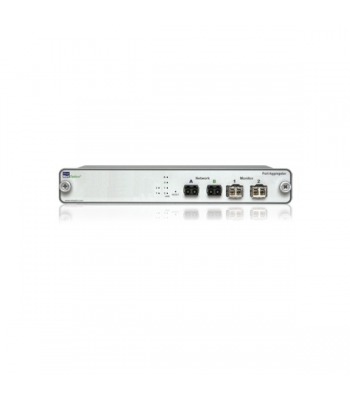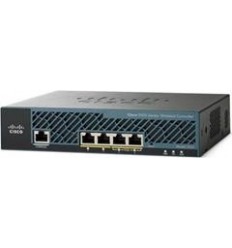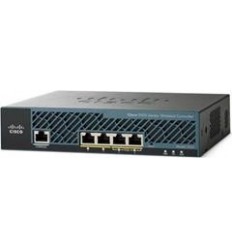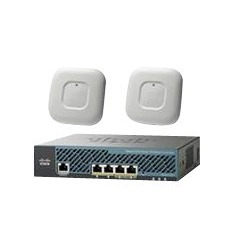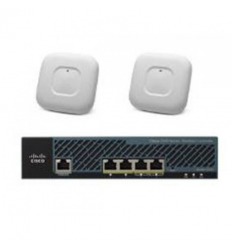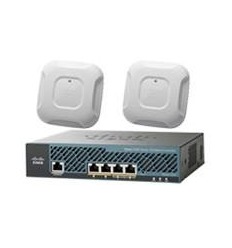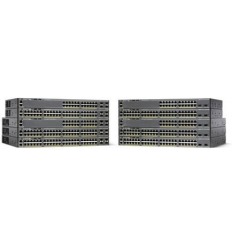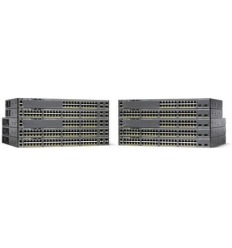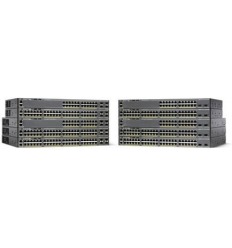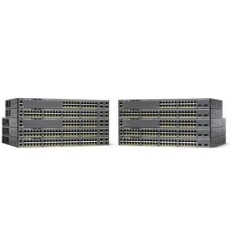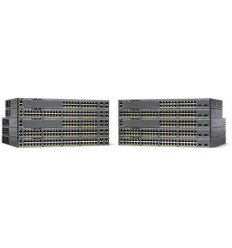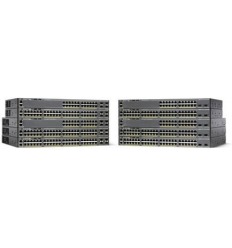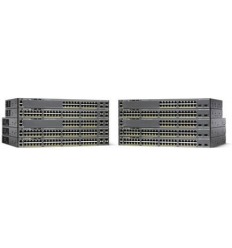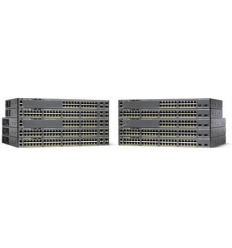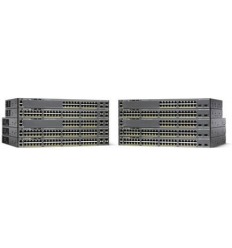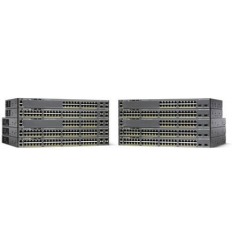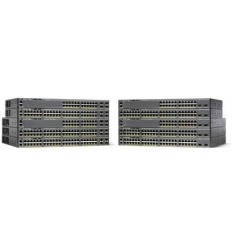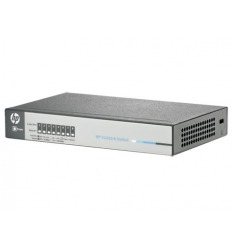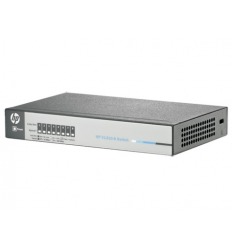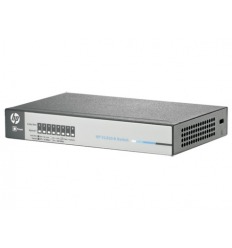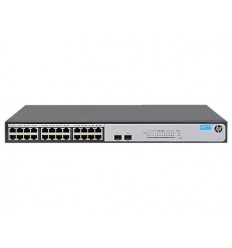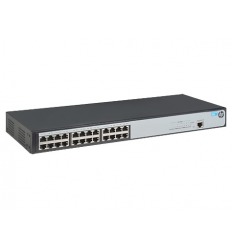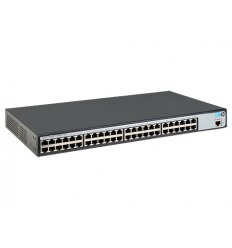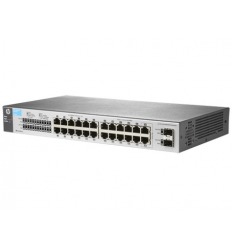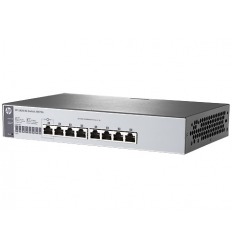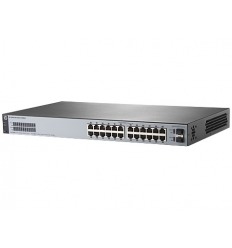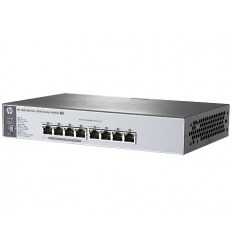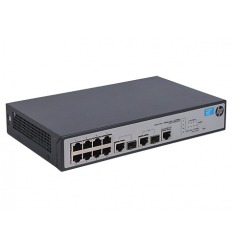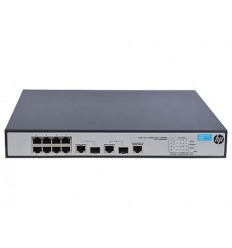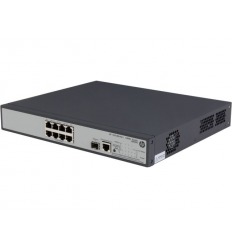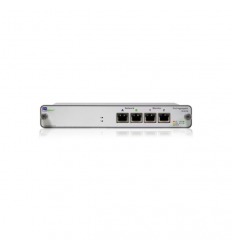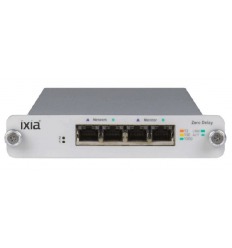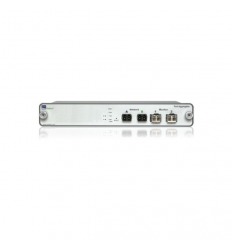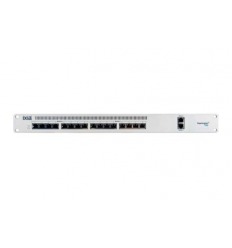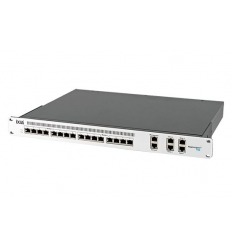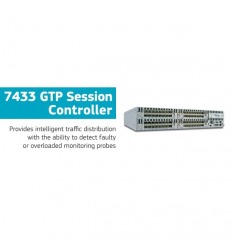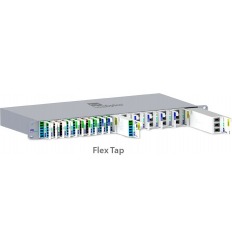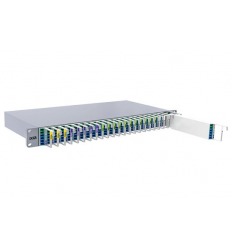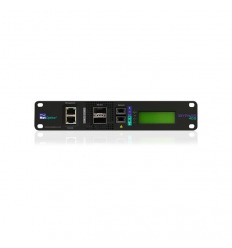Net Optics GigaBit Port Aggregator with SFP Monitor Ports provides ultra-efficient access to critical links. Typically, full-duplex monitoring with a network tap requires two NICs – one interface for each side of the tapped full-duplex connection. The GigaBit Port Aggregator combines and regenerates these streams, sending all aggregated data out two passive monitoring ports. The two small form factor pluggable (SFP) monitor ports give network managers greater flexibility when connecting monitoring devices to gigabit fiber networks.
- Buffering Prevents Lost Data - The Gigabit Port Aggregator is designed to handle the combined traffic of a single full-duplex link. Normally, the traffic should be below the receiving capacity of the NIC, that is, less than 1 Gbps. When the traffic queue exceeds the capacity of the NIC, the Tap buffers the overflow up to 512 MB per side of the full-duplex connection (1 GB total). The buffers clear automatically when the traffic volume falls below the receiving capacity of the NIC. For example, if there is a traffic burst and a tap connected to a 1 Gbps network port on a monitoring device is now receiving 1.2 Gbps of traffic, the Tap buffers data until the burst is over. The Tap then sends the buffered data to the monitoring device until the buffer is cleared.
- SFP Flexibility - Net Optics GigaBit Port Aggregator with SFP Monitor Ports provides connectivity to network links for monitoring devices with dissimilar interface cards. The SFP Monitor Ports allow the Port Aggregator to be field upgraded or reconfigured for increased flexibility. The GigaBit Port Aggregator with SFP Monitor Ports requires the purchase of one or two SFP conversion kits.
- Simple to Deploy - Net Optics Gigabit Port Aggregator addresses the fact that many monitoring systems, including most software-based solutions, only offer a single channel NIC, limiting full-duplex visibility. While adding a second NIC can help maintain data integrity and visibility, there is a tradeoff in flexibility and ease-of-use. An operating system and NICs that enable binding are often required to achieve the same functionality as the GigaBit Port Aggregator. In contrast, the GigaBit Port Aggregator requires no configuration on the monitoring devices.
- Better than Span Ports - In the past, Span ports were occasionally used to aggregate tapped traffic. However, in addition to missing Layer 1 and Layer 2 errors, Span ports support very limited buffering and can simply drop data during bursts. The generous buffers of the GigaBit Port Aggregators prevent data loss in these conditions.
- Security and Visibility - Without an IP address, monitoring devices are isolated from the network, dramatically reducing their exposure to attacks. However, the monitoring device connected to the GigaBit Port Aggregator still sees all full-duplex traffic as if it were in-line, including Layer 1 and Layer 2 errors.
- Simply Plug It In - Full-duplex monitoring to a single NIC is a snap with the Port Aggregator Tap. All network and monitoring cables necessary for plug-and-play deployment are included with the Tap. Everything you need, right out of the box.
- Reliability - For extra uptime protection, Net Optics Taps offer redundant power connections. Should the primary power source fail, the Tap automatically switches to the backup power source. Even if power is lost and reapplied, the network is not affected. All network and monitoring cables necessary for plug-and-play deployment are included.
Passive, Secure Technology
- Regeneration Tap technology enables two devices to simultaneously monitor all aggregated traffic – using only one NIC per device
- 1 GB total buffer memory prevents data loss during excessive traffic loads
- Provides complete full-duplex visibility at 1 Gbps without data stream interference or introducing a point of failure
- Passes all traffic (including errors) from all layers for comprehensive troubleshooting
- No IP address is needed for the Tap or monitoring device, enhancing monitoring security
- Redundant power ensures monitoring uptime
- Fully RoHS compliant
- All Net Optics products come standard with a 1 year manufacturer's warranty
- Optional 1 or 2 year extended warranty available at time of product purchase
Ease of Use
- Small form factor pluggable (SFP) Monitor Ports increase monitoring options
- LED indicators show redundant power, speed, link, and activity status
- Front-mounted connectors support easy installation and operation
- All network and monitoring cables included
- Optional 19-inch rack frames hold up to two Taps
- Available with -48 VDC power
- Tested and compatible with all major manufacturers’ monitoring devices, including protocol analyzers, probes, and intrusion detection/prevention systems
Optical Specifications:
Gigabit SX 850nm, VCSEL, Corning Multimode 50 or 62.5/125um
Environment:
Operating Temperature: 0°C to 40°C
Storage Temperature: -10°C to 70°C
Relative Humidity: 10% min, 95% max, non condensing
Power:
Input: 100-240 VAC, 0.5A, 47-63Hz
Output: 12V, 3A
Mechanical Specificatons:
Dimensions: 1.125" high x 11.0" deep x 8.75" wide
Connectors:
(2) Duplex LC connectors (network ports)
(2) SFP slots for SFP modular connectors
Certifications:
Fully RoHS compliant
Part Codes:
TPA-50SX5-SFP
TPA-SX5-SFP
TPA-SX4-SFP
TPA-LX5-SFP
- APC
- Arista
- Aruba
- ATEN
- Austin Hughes
- Aviosys
- Avocor
- Bailey
- BenQ
- Black Box
- Brother
- Cadyce
- Cisco
- Cramer
- Crestron
- Cyber Power
- Dell
- Digi
- DTEN
- Eaton
- Enconnex
- EPSON
- Extreme Networks
- Gefen
- Geist
- Heckler Design
- HPE
- IBM
- IXIa
- iXsystems
- Juniper Mist
- Kaminario
- Kramer
- Lantronix
- Lenovo
- Linksys
- Logitech
- Luxor
- Mellanox Technologies
- Microsoft
- MINICOM
- Moxa
- MRV
- Napatech
- Neat
- NetApp
- NETGEAR
- Nimble
- NTI
- NVIDIA
- OpenGear
- Panasonic
- Perle
- PlenaForm Systems
- Pure Storage
- Qnap
- Quantum
- Raritan
- RF Code
- Samsung
- Seagate
- Sensaphone
- ServerLIFT
- ServerTech
- Silicom
- Solarflare
- Sony
- StarTech
- Sun Microsystems
- Supermicro
- TDK
- Thinklogical
- TRENDnet
- TURTLE
- Vertiv
- Wacom
- Yubico
- Zoom
- ZPE Systems

